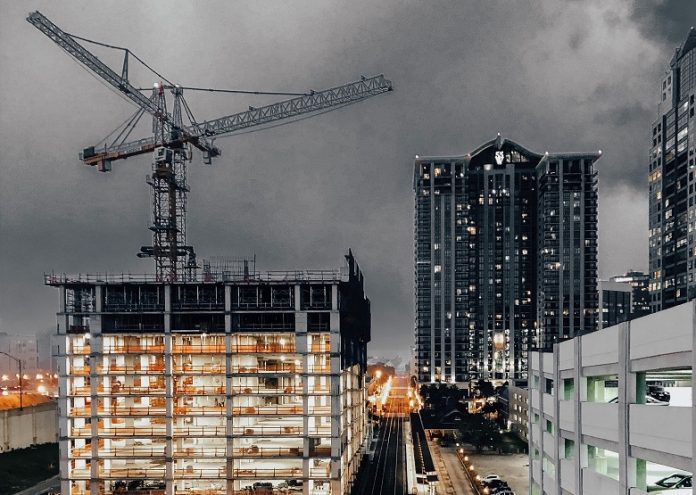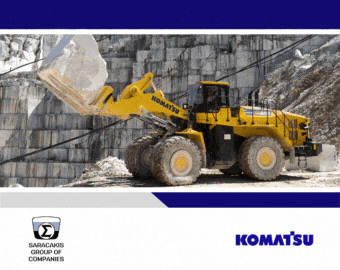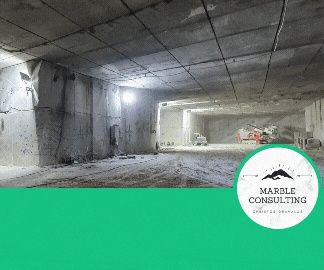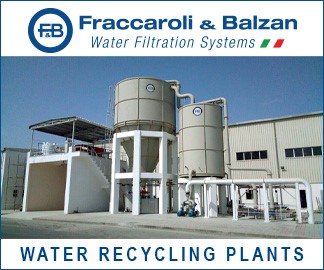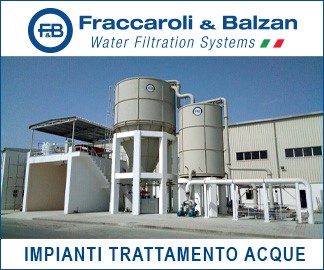Too many costs, rising inflation and inadequate government intervention are scarring the Eurozone construction sector.
December marks the eighth consecutive month of contraction in the EU construction sector, in one of the worst declines since the compulsory freeze imposed by the 2020 pandemic. Confirming a widespread crisis throughout the Eurozone is the Financial Times in the latest report accompanying its monthly survey.
What would hurt the sector would, first of all, be the increase in raw material prices, addressed by EU countries in different but almost always inadequate ways.
Added to this is the cost of energy and the concern that a recession could accelerate the fall in real estate prices.
“The Eurozone construction sector ended the year on a negative note. With a sharp decline in construction activity, it marked the worst quarterly results since the COVID-related recession in the second quarter of 2020,” points out Laura Denman, S&P Global Market Economist, who recently published the latest report on European construction sector performance.
The data collected shows a steady decline in activity, particularly affecting three of the Eurozone’s largest economies: Germany, France and Italy.
The S&P survey, which involved as many as 650 construction companies at the European level, showed that construction activity decreased at a faster rate than that recorded back in March 2013. Despite this, last year’s overall production closed with a positive sign.
‘Companies were expecting difficult economic conditions for the foreseeable future,’ Denman continues. The expensive materials and energy costs continue to weigh on the companies, which in turn do not have the opportunity to pass on the price increases to future buyers. There are many construction sites underway, but there is a shortage of skilled labour. In addition, the need to improve the efficiency of the built heritage is becoming increasingly urgent to increase the quality of buildings, reduce costs for families, and comply with increasingly stringent European directives.
Efficiency enhancement of assets could be the key
As the FT points out, the Eurozone construction sector generates around 9 per cent of total output. Consequently, concern about the near future on the part of major construction companies should set off alarm bells. In Germany, one of the leading economies for the real estate sector, new home construction orders were down 14% year-on-year. And things are no better in France or Italy, where the Builders’ Association has long been calling for appropriate action to help the thousands of companies in difficulty, in this case, also due to unstable regulations.
What the Eurozone countries have in common, however, is the demand to harmonise building regulations by guaranteeing stable incentives to encourage redevelopment and consequently lift the economy.
“There is no more time for lengthy discussions and trying to please everyone,” recently said Carolin Hegenbarth, CEO of the German Real Estate Association, the counterpart of ANCE. “It is now a question of dismantling all obstacles to the rapid construction of affordable and needs-based living space. We need planning security and a favourable investment climate for all players in the real estate sector, including private builders.”
Source: www.rinnovabili.it



